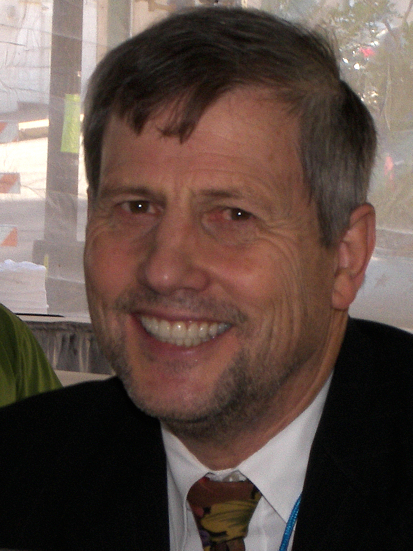Matterhorn: A Novel of the Vietnam War, Ch. 19 (2010).
Contexte: He thought of the jungle, already regrowing around him to cover the scars they had created. He thought of the tiger, killing to eat. Was that evil? And ants? They killed. No, the jungle wasn't evil. It was indifferent. So, too, was the world. Evil, then, must be the negation of something man had added to the world. Ultimately, it was caring about something that made the world liable to evil. Caring. And then the caring gets torn asunder. Everybody dies, but not everybody cares.It occurred to Mellas that he could create the possibility of good or evil through caring. He could nullify the indifferent world. But in so doing he opened himself up to the pain of watching it get blown away. His killing that day would not have been evil if the dead soldiers hadn't been loved by mothers, sisters, friends, wives. Mellas understood that in destroying the fabric that linked those people, he had participated in evil, but this evil had hurt him as well. He also understood that his participation in evil, was a result of being human. Being human was the best he could do. Without man there would be no evil. But there was also no good, nothing moral built over the world of fact. Humans were responsible for it all. He laughed at the cosmic joke, but he felt heartsick.
Karl Marlantes: Citations en anglais
Matterhorn: A Novel of the Vietnam War, Ch. 19 (2010).
Contexte: He thought of the jungle, already regrowing around him to cover the scars they had created. He thought of the tiger, killing to eat. Was that evil? And ants? They killed. No, the jungle wasn't evil. It was indifferent. So, too, was the world. Evil, then, must be the negation of something man had added to the world. Ultimately, it was caring about something that made the world liable to evil. Caring. And then the caring gets torn asunder. Everybody dies, but not everybody cares.It occurred to Mellas that he could create the possibility of good or evil through caring. He could nullify the indifferent world. But in so doing he opened himself up to the pain of watching it get blown away. His killing that day would not have been evil if the dead soldiers hadn't been loved by mothers, sisters, friends, wives. Mellas understood that in destroying the fabric that linked those people, he had participated in evil, but this evil had hurt him as well. He also understood that his participation in evil, was a result of being human. Being human was the best he could do. Without man there would be no evil. But there was also no good, nothing moral built over the world of fact. Humans were responsible for it all. He laughed at the cosmic joke, but he felt heartsick.
Sometimes, I think if we thought we weren't always the good guys, we might actually get into less wars.
The Vietnam War (2017), episode 5, documentary by Ken Burns and Lynn Novick
